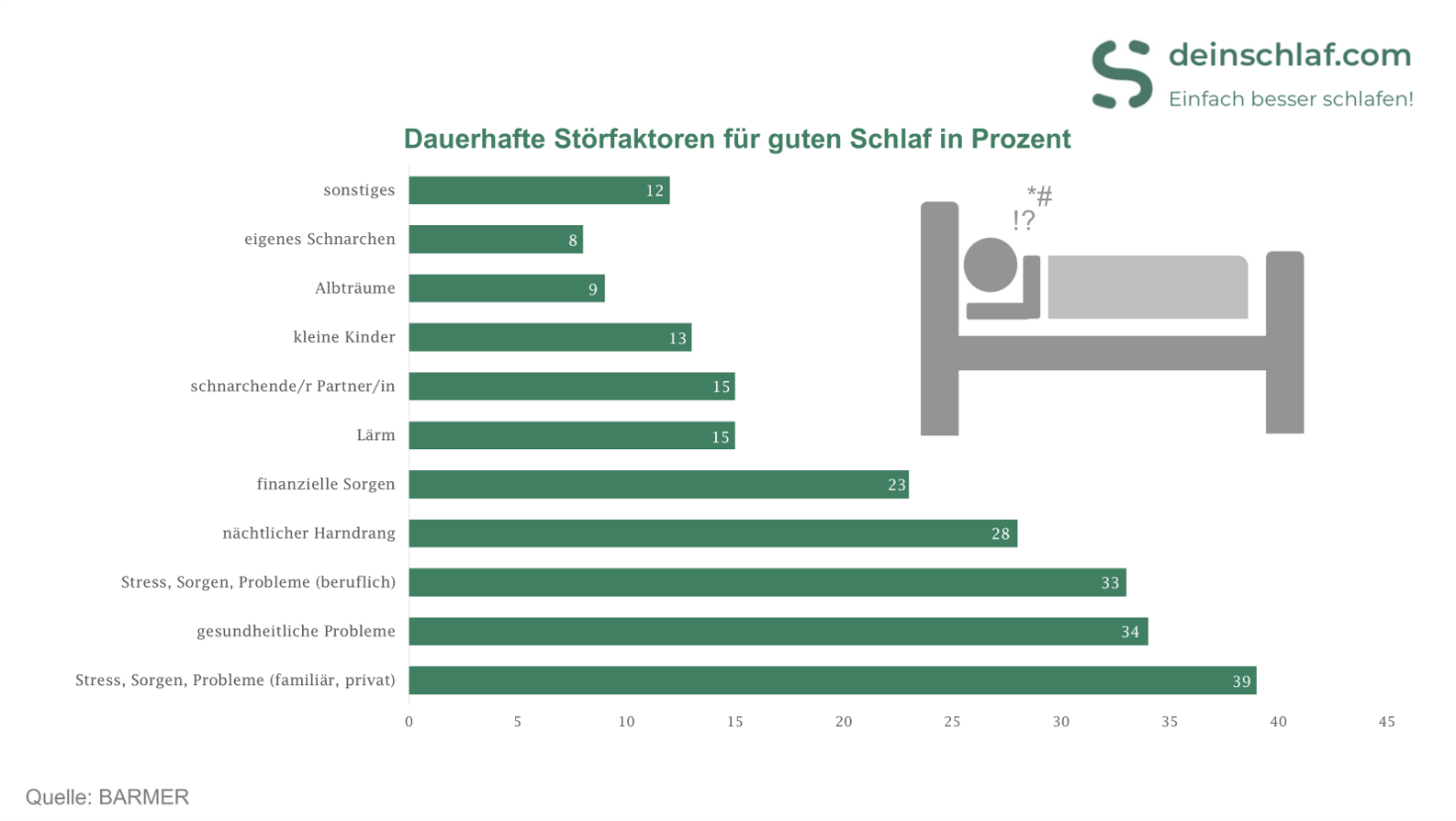Canada's Divided Response To Trump: Alberta's Oil Industry And The National Narrative

Table of Contents
H2: Alberta's Economic Dependence on the US Oil Market
Alberta's economy is heavily reliant on oil exports, with the United States being its primary trading partner. This dependence created an acute vulnerability to the Trump administration's protectionist trade policies and shifting energy priorities. The province's prosperity is intrinsically linked to the flow of oil south across the border, making it particularly susceptible to any disruptions in this crucial trade relationship. Any change in US policy directly impacted Alberta's economic well-being, creating a sense of anxiety and uncertainty unlike that felt in other parts of the country.
H3: Keystone XL Pipeline and its Symbolic Importance
The Keystone XL pipeline epitomizes Alberta's dependence on the US market and the political ramifications of that reliance. The pipeline project, designed to transport oil from Alberta's oil sands to US refineries, became a potent symbol of the complex relationship between the two countries. Its cancellation under the Trump administration, despite initial approval, dealt a significant blow to Alberta's economy and fueled political tensions.
- Economic Losses: The cancellation resulted in significant job losses, billions of dollars in lost investment, and hampered Alberta's ability to access lucrative US markets.
- Political Backlash: The decision fueled resentment towards the US administration and strengthened the perception within Alberta that its economic interests were being overlooked by both the US and the Canadian federal government.
- Environmental Concerns: The project also faced considerable opposition due to environmental concerns regarding greenhouse gas emissions and the potential impact on sensitive ecosystems. This aspect added another layer of complexity to the already fraught political landscape.
H3: Impact of US Tariffs and Sanctions
Beyond Keystone XL, the Trump administration's tariffs and sanctions on various goods also impacted Alberta's oil industry. These measures, while aimed at broader trade objectives, created ripple effects that negatively affected Alberta's oil sector and the wider provincial economy.
- Reduced Demand: Tariffs on Canadian goods led to reduced demand for Alberta's oil in the US market, driving down prices and impacting producers' profitability.
- Increased Costs: The trade disputes added extra costs to the oil transportation and refining process, further squeezing profit margins.
- Investment Uncertainty: The instability created by fluctuating trade policies discouraged further investment in Alberta's oil sector, stifling growth and innovation.
H2: The Rest of Canada's Response to Trump's Policies
In contrast to Alberta's direct and immediate economic impact, the rest of Canada’s response to Trump's policies was more nuanced and strategically focused. While other provinces certainly experienced economic ripple effects, their dependence on the US oil market wasn't as absolute. The federal government, meanwhile, adopted a different approach, focusing on diversifying trade relationships and strengthening alliances outside the US.
H3: Focus on Trade Diversification and International Relations
The Canadian federal government actively pursued trade diversification strategies to mitigate the negative impacts of Trump's protectionist policies. This involved strengthening trade relations with countries such as China, the European Union, and countries within the Comprehensive and Progressive Agreement for Trans-Pacific Partnership (CPTPP).
- New Trade Agreements: The Canadian government prioritized the negotiation and ratification of new trade agreements to reduce its dependence on the US market.
- Strengthening Alliances: Efforts were made to foster stronger ties with international partners, creating alternative export markets for Canadian goods.
- Promoting Canadian Products: The government supported initiatives to promote Canadian products globally, increasing their competitiveness in international markets.
H3: Environmental Concerns and Policy Differences
Differences in environmental policies between Alberta and other Canadian provinces also played a significant role in shaping the national response to Trump's policies. Alberta’s reliance on fossil fuels and its less stringent environmental regulations compared to other provinces created friction, both politically and socially.
- Carbon Pricing Debate: The imposition of carbon pricing policies in Canada, met with strong resistance from Alberta, highlighted the existing divergence in environmental priorities.
- Public Opinion: Public opinion varied greatly across the country, with opinions on energy policies and environmental regulations differing significantly between Alberta and other provinces.
- Political Discourse: The differing approaches to environmental regulations and energy policies fueled political discourse, further exacerbating the existing divisions between Alberta and the rest of Canada.
H2: The Widening National Divide
The contrasting responses to Trump's policies widened the pre-existing rift between Alberta and the rest of Canada. Differing economic priorities and perspectives on environmental policies fueled political tensions and interprovincial conflicts.
H3: Political Tensions and Interprovincial Conflicts
The differing responses to Trump’s policies intensified political tensions between Alberta and the federal government. Disagreements over resource management, pipeline approvals, and energy policy became more pronounced, leading to increased political friction and heightened rhetoric.
- Pipeline Disputes: Disputes over the construction and approval of new pipelines exacerbated the conflict between Alberta and other provinces, highlighting the existing division.
- Energy Policy Debates: Differences in approaches to energy policy created further tension between Alberta and the federal government.
- Constitutional Challenges: Alberta's actions, particularly concerning resource management, frequently led to constitutional challenges and legal battles.
H3: The Role of Media and Public Discourse
Media coverage played a critical role in shaping public perception and amplifying the national divide. News outlets often presented contrasting narratives, highlighting the differing economic and political perspectives. Social media further exacerbated these divisions, creating echo chambers and reinforcing pre-existing biases.
- Media Narratives: News coverage often portrayed a dichotomy between Alberta's economic concerns and other provinces' environmental priorities.
- Social Media Amplification: Social media platforms provided a space for the expression of strong opinions, both in support of and against Alberta’s position.
- Polarization of Public Opinion: The media’s role in framing the narrative contributed to the polarization of public opinion regarding energy policy and interprovincial relations.
3. Conclusion
The contrasting responses to the Trump administration’s policies revealed a significant rift within Canada. Alberta’s heavy reliance on the US oil market created a unique vulnerability, resulting in economic hardship and political tension, unlike the experiences of other provinces. This economic vulnerability, coupled with divergent views on environmental policy, amplified pre-existing regional differences, leading to a deeper national divide. Understanding Canada's divided response to Trump and the future of Alberta's oil industry is crucial. Continue exploring the intricacies of this complex issue.

Featured Posts
-
 The Posthaste Effect A Canadian Travel Boycott And Its Economic Repercussions In The Us
Apr 27, 2025
The Posthaste Effect A Canadian Travel Boycott And Its Economic Repercussions In The Us
Apr 27, 2025 -
 Examining The Probability Of A Fifth Premier League Champions League Slot
Apr 27, 2025
Examining The Probability Of A Fifth Premier League Champions League Slot
Apr 27, 2025 -
 Pago Por Licencia De Maternidad Para Tenistas De La Wta Un Adelanto Mundial
Apr 27, 2025
Pago Por Licencia De Maternidad Para Tenistas De La Wta Un Adelanto Mundial
Apr 27, 2025 -
 How Microsoft Is Shaping The Future Of Ai With A Human First Approach
Apr 27, 2025
How Microsoft Is Shaping The Future Of Ai With A Human First Approach
Apr 27, 2025 -
 Thueringen Amphibien Und Reptilienatlas Ein Umfassender Ueberblick
Apr 27, 2025
Thueringen Amphibien Und Reptilienatlas Ein Umfassender Ueberblick
Apr 27, 2025
Latest Posts
-
 The Professionals Behind Ariana Grandes Stunning Hair And Tattoo Makeover
Apr 27, 2025
The Professionals Behind Ariana Grandes Stunning Hair And Tattoo Makeover
Apr 27, 2025 -
 Ariana Grandes Bold New Look The Importance Of Professional Guidance
Apr 27, 2025
Ariana Grandes Bold New Look The Importance Of Professional Guidance
Apr 27, 2025 -
 Celebrity Style Ariana Grandes New Look And The Professionals Behind It
Apr 27, 2025
Celebrity Style Ariana Grandes New Look And The Professionals Behind It
Apr 27, 2025 -
 Professional Hair And Tattoo Artists Inspired By Ariana Grandes Transformation
Apr 27, 2025
Professional Hair And Tattoo Artists Inspired By Ariana Grandes Transformation
Apr 27, 2025 -
 Ariana Grandes Style Evolution Hair Tattoos And Professional Image Consulting
Apr 27, 2025
Ariana Grandes Style Evolution Hair Tattoos And Professional Image Consulting
Apr 27, 2025
